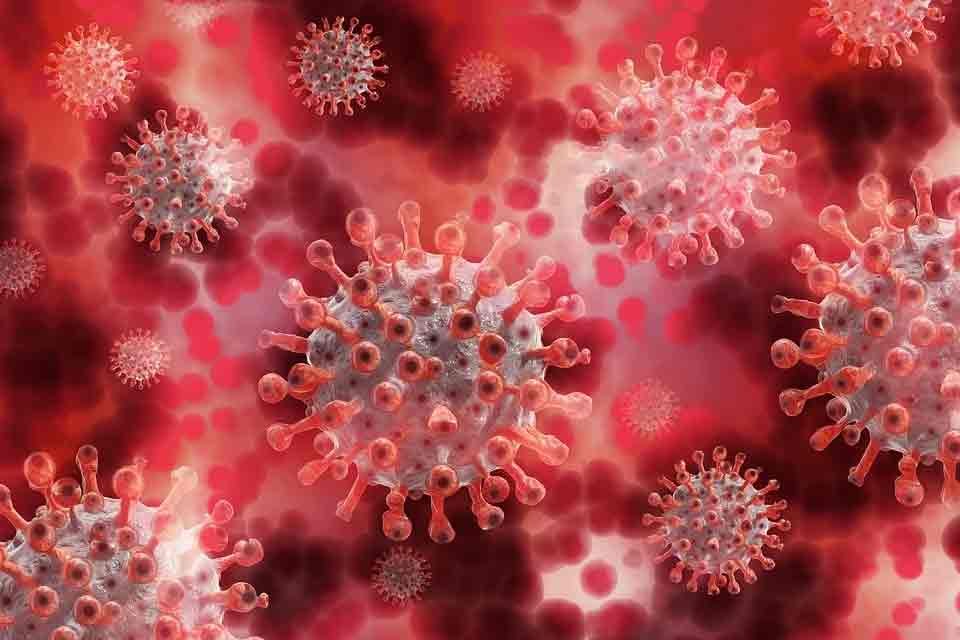The second wave of COVID-19 has come with some new complications in the list of coronavirus complications. Among which is ‘Rectal bleeding’. While the major cause of rectal bleeding was said to be due to cytomegalovirus (CMV) infection. However, there can be many other reasons for rectal bleeding in patients affected with coronavirus.
The common reasons can be haemorroids, anal fissures and intestinal bleeding due to diverticulosis etc. Although diarrhoea can be a significant symptom of Covid-19 infection, a significant proportion of patients develop constipation. This could happen due to poor eat habits or intake of food or liquids and reduced mobility.
Common causes for rectal bleeding like haemorrhoids are aggravated due to constipation. Blood-thinning medications that are used to prevent clots in the lungs can also enhance bleeding.
“There can be many reasons for rectal bleeding, in most of the cases, the rectal bleeding starts from the large intestine which is also called colon bleeding. In some cases it may happen due to Piles (haemorrhoids) other than this it can be caused due to any tumour, polyp or ulcer, said Dr. Sanjay Verma – Additional Director, General Surgery, Fortis Escorts Heart Institute, New Delhi.
Rectal Bleeding after Covid: Cause, Risk factors Are there chances of more such cases in the coming days
Expert- Dr. Sanjay Verma – Additional DIrector, General Surgery, Fortis Escorts Heart Institute, New Delhi.@fortis_hospital#rectalbleeding #COVID19 #riskfactor pic.twitter.com/dKpDKWpcoA
— Healthwire (@HealthwireMedia) August 9, 2021
According to reports of NCBI, “Gastrointestinal symptoms are common and frequently reported in Coronavirus Disease-2019 (COVID-19), which is caused by severe acute respiratory syndrome coronavirus 2 (SARS-CoV-2). It is unclear if SARS-CoV-2 is associated with an increased risk of gastrointestinal bleeding (GIB). Nevertheless, GIB in COVID-19 patients poses unique challenges to patients due to the high risk of concomitant respiratory failure and to endoscopy personnel due to the risk of airborne transmission during endoscopic procedures. Many management issues related to COVID-19 are still being studied. In this case series, we attempt to discuss the important clinical implications related to the management of GIB in COVID-19 patients.”







